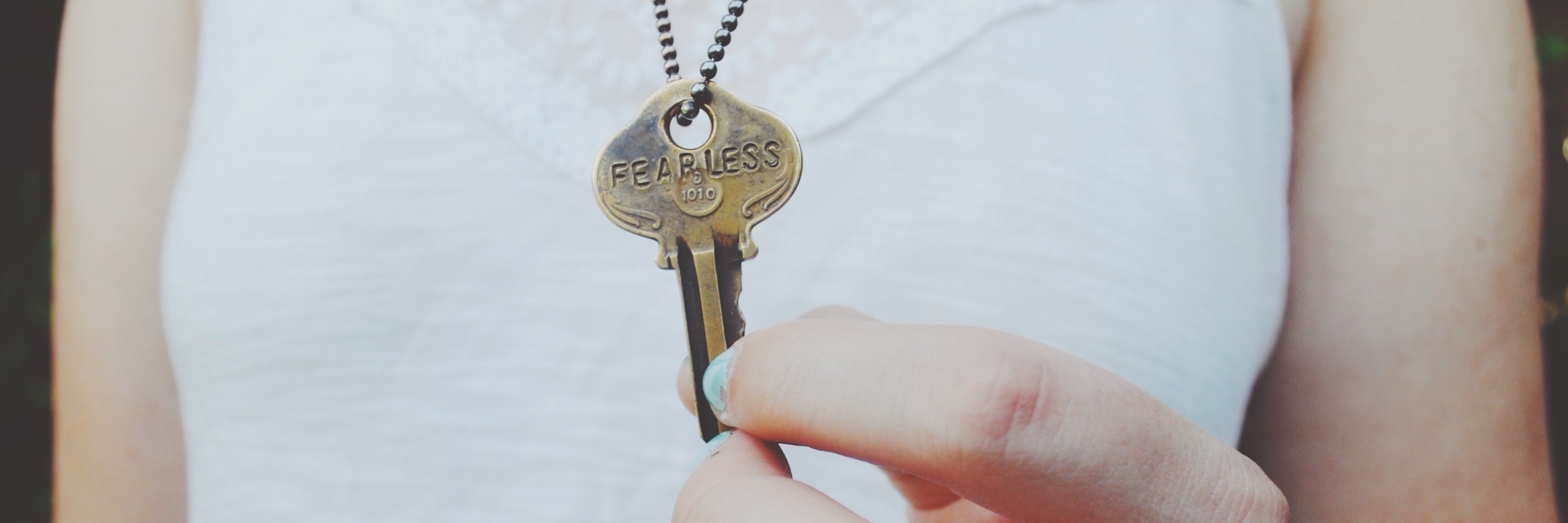I’ve been diagnosed with bipolar disorder since I was 17 years old. I am now 21, and sometimes I still — to this day — don’t want to believe it. I remember having so many breakdowns and not knowing how to describe them, besides to use the word “depressed.”
• What is Bipolar disorder?
There were times when I felt so horrible and felt things were really “off,” but I didn’t know what to call it or how to label it. So I used the word depressed because I knew nothing else. That happened for a long time until one day, after an appointment with my psychiatrist, I walked up to the reception area and asked for my after visit summary, which listed bipolar disorder as my primary diagnosis. For a little while, I was just confused — I hadn’t ever seen or heard that diagnosis applied to myself — so I just kind of stared at the paper.
But when I finally sat down and thought about it and let it sink in, I cried.
For me, depression was a lot easier to grasp. A lot easier to explain, both to myself but also to my family and people around me. I felt like I was doing something wrong, and if I just tried hard enough I would be OK, I wouldn’t have to be on medications, etc. I never necessarily disagreed with my treatment team about the diagnosis, but I didn’t really fully believe them either. Mostly because I didn’t understand how it manifested in my own life.
The fact I had depression was painfully obvious, I’ve never doubted myself when I thought I was depressed. But I also go through rapid cycling, which is just what it sounds like — when your mood changes from manic — mixed — depressed very quickly without a break in-between. The mixed episodes were the ones I couldn’t put into words for the longest time. Those are the ones I mislabeled as depression. Mixed episodes, feeling both manic and depressed at the same time, I’ve found are the hardest ones for me to manage.
And depression is flat, gray and empty.
Living with bipolar disorder can mean you need to be taking medication for most of your life, and that’s hard to understand and accept when you’re 17. It’s still hard now. I’ve tried everything to prove to myself I could be OK without them. I’ve tried switching them, tried doing a med wash while inpatient, and I’ve tried just stopping them all myself. None of those methods worked for me (especially the “doing it myself” part — wouldn’t recommend).
Sometimes, I get caught up in thinking this is a matter of willpower, and if I just try hard enough I could really be OK. Which is why I’ve done things like ditching my meds. But that mindset gets me to where, when my mood switches again, and when the waves come back, I am disappointed in myself all over again.
But I am working on it, and I think that developing some acceptance came from many different places and experiences:
1. Hearing it from my doctors. Verbally and written.
2. Talking about it millions of times with therapists and having it explained to me in specific ways, using examples from my own life.
3. Reflecting on situations where I was experiencing extreme emotions, and just trying to be really honest with myself.
4. Learning, through talking with people around me, that I don’t need to walk around feeling ashamed because I have a bipolar diagnosis and that they won’t leave me because of it,
And most importantly, showing myself that I am more than a diagnosis and that by creating a life, I can manage bipolar disorder instead of it controlling me.
Main Unsplash image via Daryn Bartlett. “Strength” image via contributor.

